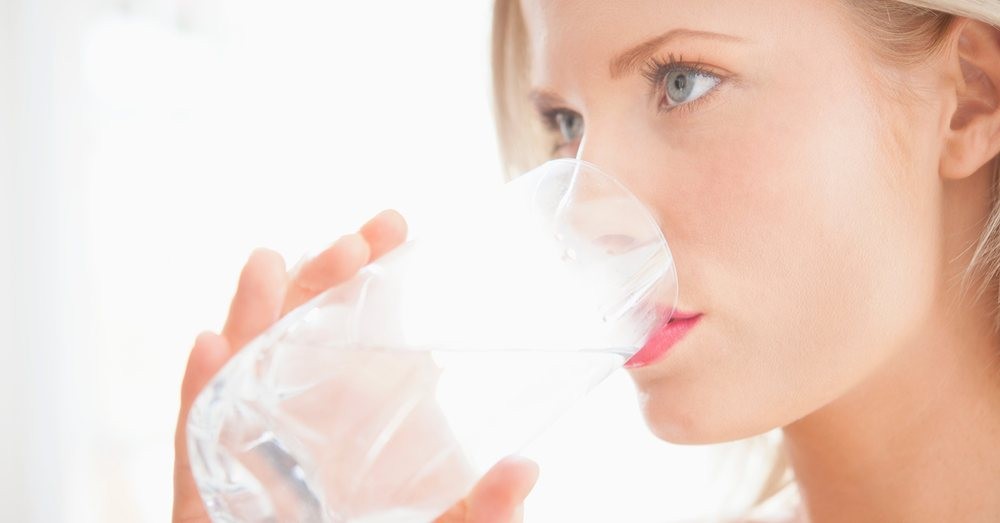
‘Drink plenty of fluids’ is something we all hear on a daily basis – and the truth is, the majority of people don’t drink anywhere near as much water as they should.
But is too much water just as dangerous as too little? This story would certainly have you believe so.
A 59-year-old woman who showed symptoms of a urinary tract infection was told by a doctor she ought to drink half a pint of water every 30 minutes in order to flush out her system, reports the Daily Mail.

Admittedly, the woman claimed she may have drank more water than asked, as she believed that more would be better for her body, however she was later rushed to A&E where doctors discovered she was suffering from dangerously low levels of salt in her blood.
As I’m sure you can figure out for yourselves – this is brought on by drinking too much water in a short period of time.
Writing about her experiences, the patient wrote:
Fortunately this woman was saved, however overdosing on water has claimed many lives in the past – with 30 per cent of people with low levels of salt in their blood dying as a direct result.

So is it time we stopped telling people to ‘drink plenty of fluids’?
Dr Imran Rafi, chairman of clinical innovation and research at the Royal College of GPs, said:
Drinking enough water is important in keeping healthy, both physically and mentally, and patients should keep their fluids up when unwell, particularly in conditions that can cause dehydration.
We would encourage patients to drink more if they have symptoms of dehydration, such as feeling thirsty – including in hot weather or when exercising – or passing dark-coloured urine.
This case report highlights that excessive water intake can have important consequences for patients, and this is something that healthcare professionals, and patients, should be mindful of.
Share This Post















